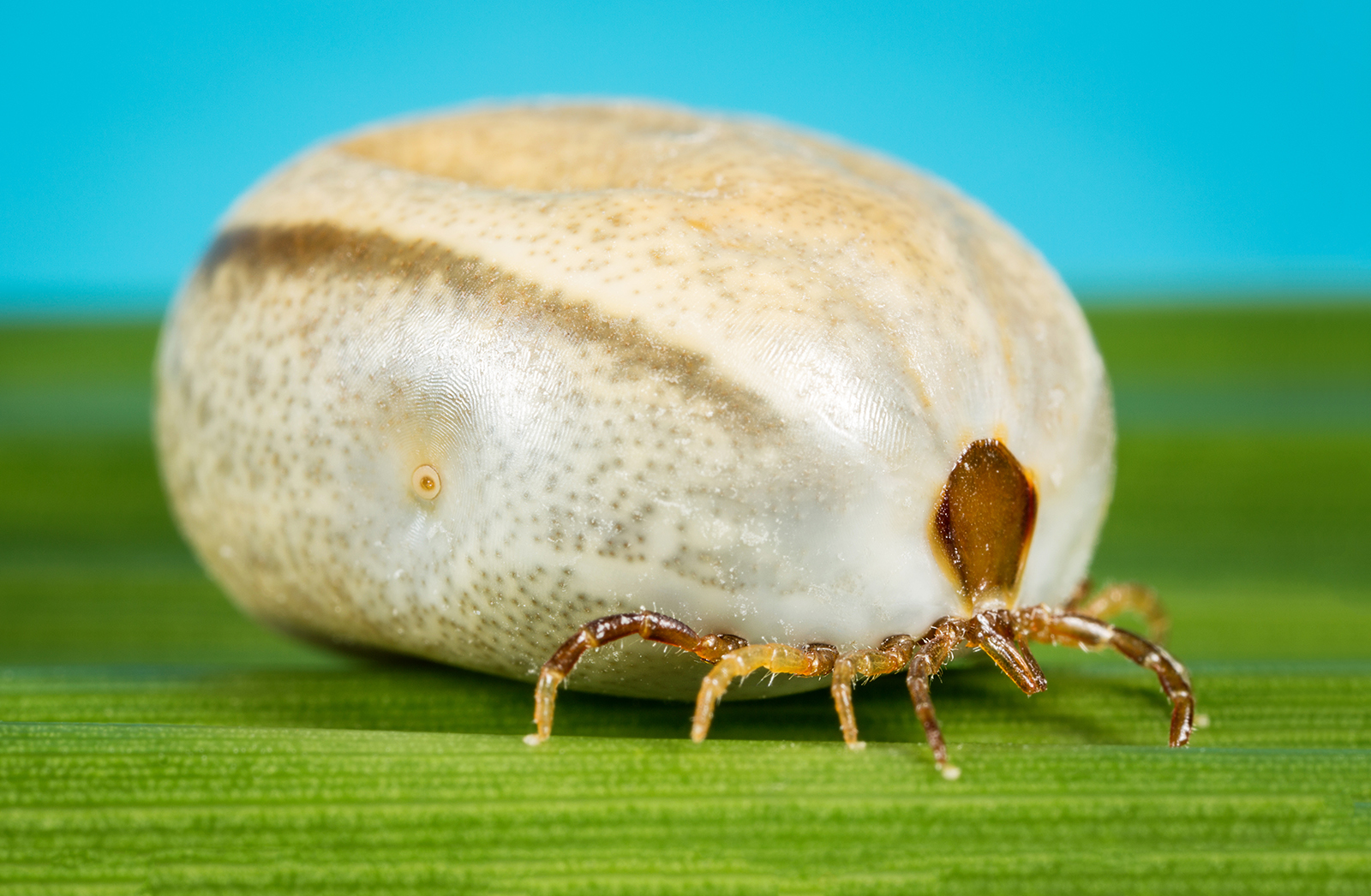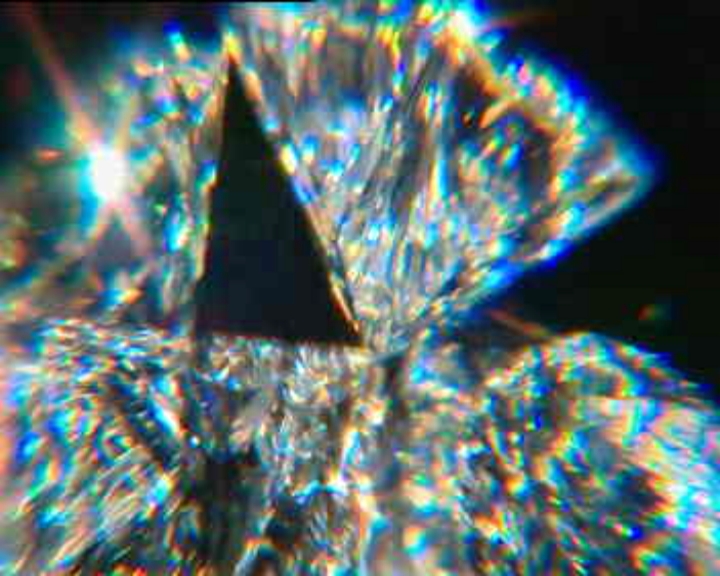 Swift Parrot Update
Swift Parrot Update
Tuesday, 8 November
Last year we brought you a story about the swift parrot - one of Australia's most charismatic birds, but also one of its most endangered. Logging and land-clearing have decimated their habitat but conservation biologist Dejan Stojanovic also made the startling discovery of why the parrot numbers were plummeting so rapidly - the deceptively sweet sugar glider was eating them.

 Tick Allergy
Tick Allergy
Tuesday, 8 November
With summer on our doorstep, and the odd BBQ or bush walk planned, we thought it timely to revisit this story: mammalian meat allergy is on the rise in Australia and the surprising cause is a tick bite. Dr Jonica Newby meets Dr Sheryl van Nunen, the clinician who discovered the link, and this story is a must-see if you want the latest tips on how best to remove a tick.

 Medicinal Cannabis
Medicinal Cannabis
Tuesday, 1 November
The anecdotal evidence that cannabis has a positive effect on a long list of medical conditions from epilepsy, pain, cancer, even Alzheimer's Disease is building. However, to date there's been scant clinical evidence to back up these claims.

 Testosterone
Testosterone
Tuesday, 25 October
Testosterone has long been considered the hormone that makes men masculine. But is this common perception selling the hormone short?

 Antibiotic Resistance
Antibiotic Resistance
Tuesday, 19 April 2016
Antibiotics have saved millions of lives, but their misuse and overuse is making them less effective as bacteria develop resistance. Will researchers outwit the incredibly clever bacteria and find novel ways to beat resistance?

 Plants key to recent pause in growth of atmospheric CO2
Plants key to recent pause in growth of atmospheric CO2
Wednesday, 9 November 2016
The rate of growth in atmospheric carbon dioxide has slowed due to an increased uptake of the greenhouse gas by the planet's plants, a new study has suggested.

 Diamonds Forever ?
Diamonds Forever ?
Thursday, 26 October 2006
Want to know where to look for diamonds? At Macquarie University, a team of researchers studying the evolution of the earth and the formation of diamonds has developed a new computer model that can predict where diamonds lie. Does it work? A recent discovery of the precious stones in the Flinders Ranges in South Australia suggests that their predictions may be right.

 The Conversation on Catalyst changes
The Conversation on Catalyst changes
The Conversation on what the ABC's new Catalyst could mean for science.

Latest Instagram Photos
Connect